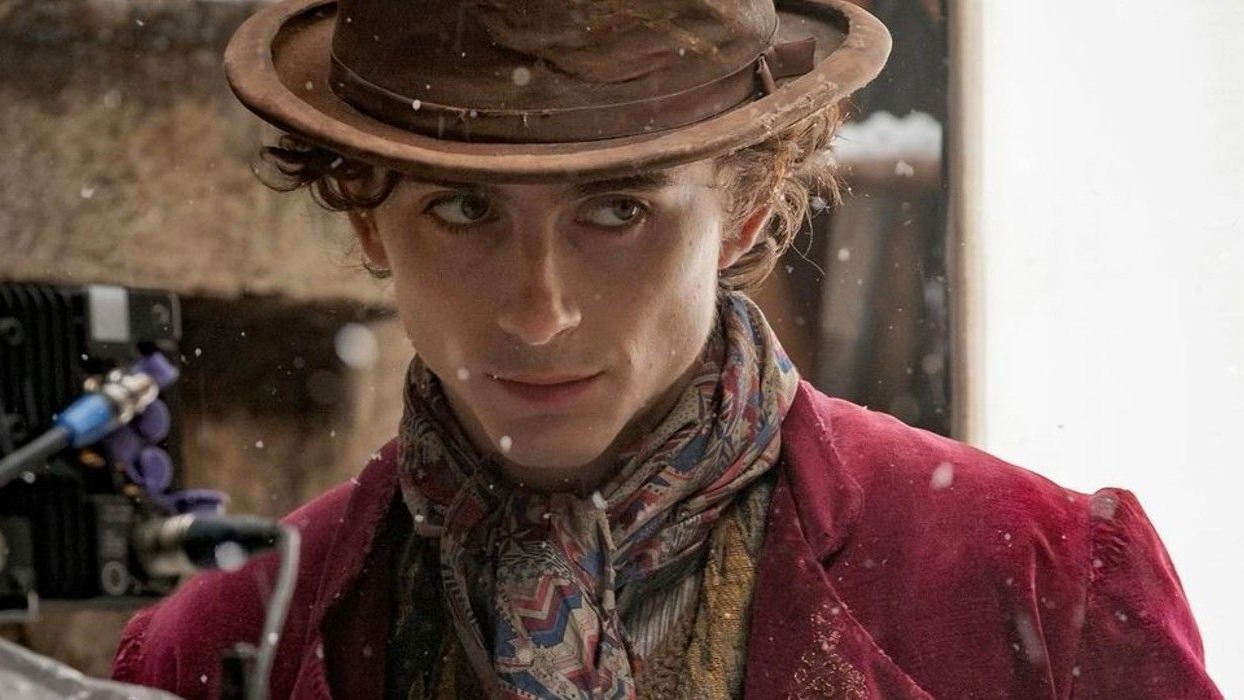Edgar Wright says that he believes directors have a “duty” to make original films if they are in a position to do so.
Speaking to TechRadar ahead of the release of his latest movie, Last Night in Soho, the Baby Driver filmmaker said: “I feel like it's my duty – a director's duty – to make an original film if you’ve got the opportunity to do so.”
“There are a lot of rehashes and reboots [out there],” Wright added, “and I watch a lot of them, but there's a point where I kind of think, ‘am I going to just repeat my childhood for the rest of my life? I don't need to see 10 versions of this.’”
While Wright’s comments make no bold claims toward any particular movies – he admits that he watches, and presumably enjoys, “a lot” of these “rehashes and reboots” – they come at a time when Hollywood studios appear particularly risk-averse.
In our interview with the director, Wright didn’t elaborate on this less-than-optimal state of cinematic affairs – you can make your mind up about his newest effort this weekend, which releases on October 29.
Below, though, we'll dig into our own interpretation of the director's point about the current state of the movie industry.
Analysis: Does Wright have a point?
Global pandemic notwithstanding, the last few years have, broadly speaking, seen studios demonstrate a rather overt preference for squeezing every last drop of profit from existing intellectual properties over commissioning brand new ideas from a variety of filmmakers.
The logic fits, too. If these studios own the rights to a bankable comic or novel series, for instance, it makes sense that they would do their utmost to cash in on the popularity of these properties by making and remaking as many movies and TV shows based on them as they possibly can.
Admittedly, many of these movies have been worth a watch – Joker, for example, proved a refreshing take on a character we’ve seen portrayed on screen many times over – but the next few years will see plenty more well-trodden narratives “rehash[ed] and reboot[ed],” and it’d be a safe bet to assume that most will do little to reinvent their respective franchises.
To name just a few upcoming movies that fall into this category, there’s The Matrix Resurrections, Indiana Jones 5, Teenage Mutant Ninja Turtles, Wonka, Lightyear, Scream and Texas Chainsaw Massacre – all projects that, arguably, exist only to appease the nostalgic whims of already familiar audiences.

But perhaps, as a counterpoint, these nostalgic whims don’t exist until we’re encouraged to manifest them by the unexpected announcements of said projects. Before it was revealed that Timothée Chalamet would be playing a young Willy Wonka in, erm, Wonka, who was actually crying out for an origin story about the fictional chocolatier?
Instead, then, maybe audiences flock to these reboots because there are so few alternatives to engage their interest elsewhere.
Gaming, too, has a tendency to retread safe paths. Look no further than the recently announced Grand Theft Auto: The Trilogy – The Definitive Edition; a title which tells you all you need to know about developers’ willingness (nay, desire) to rework old successes.
Sure, it might be an unfair assessment to compare two industries so generally in that way – we know that a brand new Grand Theft Auto game takes more years to develop than a studio movie, for example – but the sentiment remains the same.
We're sure that Wright’s off-the-cuff comment wasn't meant as quite the same industry-spanning indictment as all of the above, but maybe culture really is stuck.
- These are the biggest new movies coming in 2021
No comments:
Post a Comment